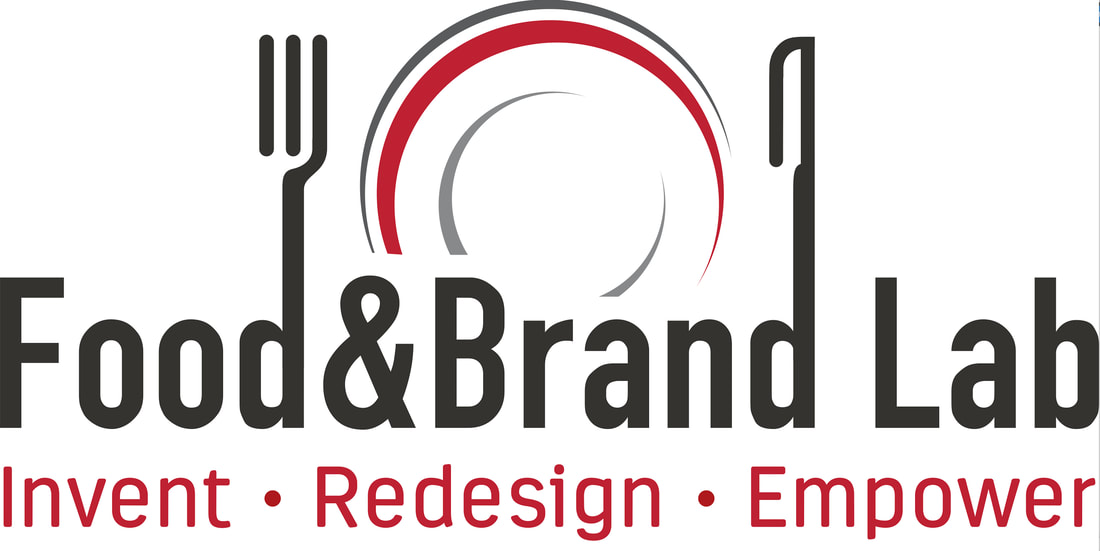Resources
Feel free to download and use any of the graphics, illustrations, videos, and resources on the page for educational purposes and with credit.
This work is licensed under a Creative commons Attribution-NonCommercial-NoDerivatives 4.0 International License.
|
SummaryPrevious research has shown that one’s mood affects what he or she eats. This study investigates the relationship between mood and long-term/abstract goals versus short-term goals and how this relationship in turn impacts food consumption. We hypothesized that when making a choice between indulgent or healthy foods, a positive mood will result in heathier food choices due to greater consideration of long term or abstract goals. We also hypothesized that when making a choice between indulgent and healthy foods, a negative mood will result in greater consideration of short term or concrete goals, which will lead to greater preference for indulgent, less healthy foods.
To test these hypotheses, four studies were completed. In the first study we investigated the effect of a positive mood on evaluations of indulgent and healthy foods. Participants in a positive mood, after reading a positive story, evaluated the target healthy foods more positively than control group participants who preferred the indulgent foods. In the second study we looked at the differential effects of a positive mood and a negative mood on evaluations of indulgent and healthy foods. The participants in a happier mood evaluated the healthy foods more favorably than the indulgent foods whereas those in a negative mood evaluated the indulgent foods more positively than the healthy foods. In addition, participants in a positive mood were more likely than those in a negative mood to indicate that they would try to stay healthy into old age. Study 3 tested the impact of positive and negative moods on present-focus and future-focus and this relationship’s impact on food consumption. We found that the ratio of M&Ms consumed (an indulgent food) to total food consumed was greater for those in the present-focused condition than for those in the future-focused condition. In the final study, we tested immediate enjoyment versus health-oriented benefits in explaining the effects of mood on food consumption in a study that encompasses three mood conditions (neutral, positive, and negative) and two temporal construal conditions (future-focused and present-focused). Participants chose healthier plates when all plates in the set contained a mix of healthy and indulgent foods than when a plate with only healthy snacks and a plate with only indulgent snacks were included in the set. Participants in the future temporal construal condition chose plates with greater percentages of healthy foods than those in the present temporal construal condition. Our findings are consistent with our hypotheses that individuals in a negative mood prefer indulgent foods because a negative mood puts more weight on immediate concerns such as mood repair and immediate pleasures such as taste and sensory experience. In contrast, individuals in a positive mood prefer healthy foods because a positive mood puts more weight on long-term wellness and higher-level health benefits.- Gardner, Meryl, Brian Wansink, Junyong Kim, and Se-Bum Park (2014). Better Moods for Better Eating?: How Mood Influences Food Choice. Journal of Consumer Psychology, 24(3), 320-335. doi:10.1016/j.jcps.2014.01.002.
| ||||||
